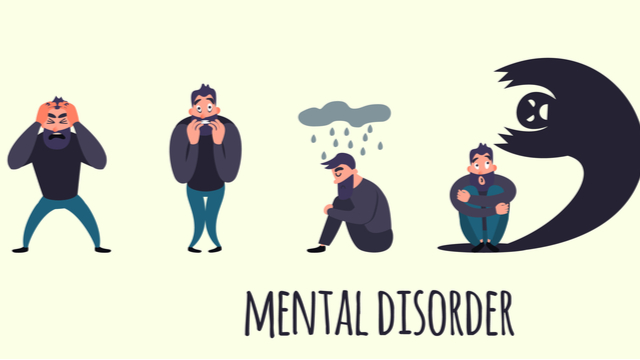It is known that when a seafarer is experiencing a mental health crisis, he might no longer feel able to cope with it, while this is particularly true in the current COVID-19 pandemic. It is therefore essential for shipping companies to take mental health emergency as seriously as a physical one.
Namely, seafarers can be more at risk of suicidal feelings due to major life events such as a bereavement or due to a multitude of stressors causing a decline in a person’s mental wellbeing.
A person might feel trapped and may not see a solution to their problems. Suicide may then start to seem like a potential solution for seafarers who may feel they are a burden to others who would be better off without them.
…ICS noted.
According to ICS, if a mental health crisis occurs, the seafarer should seek immediate expert assessment and advice for the best course of action from a mental health professional. If under the care of a mental health provider, the seafarer should contact the specific advisor for advice.
However, one might wonder what are the suicidal feelings? As ICS new mental health crisis guide explains, such feelings do not constitute a mental illness but are a potential consequence and are not always associated with a diagnosable mental health condition, particularly depression.
Among others, some of the indicators are the following:
- Excessive sadness
- Inability to cope with daily life or work
- Threatening self-injury
- Emotional distress or anxiety
- Change in mood
- Experiencing or hearing voices (hallucinations)
Suicide Warning Signs
Excessive sadness or change in mood: Long-lasting sadness and change in mood can be symptoms of depression, a major risk factor for suicide.
Sudden calmness: Suddenly becoming calm after depression or change in mood can signal that a person has decided to end their life.
Withdrawal: Choosing to be alone and avoiding friends or socialising can be due to depression such as loss of interest or pleasure in joining activities. E.g. a crew member who normally always participated in group crew mess dinners says they will eat later. They skip meals for a week and they go to their bunk as soon as they complete their watch.
Changes in personality and/or appearance: Someone considering suicide may exhibit a change in attitude or behavior, such as speaking or moving very fast or slowly. Also, they may suddenly be less concerned about personal appearance.
Dangerous or self-harmful behaviour: Such as reckless driving, engaging in unsafe sex and increased use of drugs and alcohol may indicate a person no longer values their life.
Recent trauma or life crisis: A major life crisis may trigger a suicide attempt. Crises include death of a loved one, divorce or break-up of a relationship, diagnosis of a major illness, loss of a job or serious financial problems.
Overall, one thing is for sure, suicidal feelings can be abstract, i.e. a seafarer may think about ending their life or feel that other seafarers would be better off without them. Such thoughts can be common, and their severity can depend on whether their mental health has declined. Whether abstract or not, suicidal thoughts are not permanent and can pass but getting help is strongly recommended.






























































